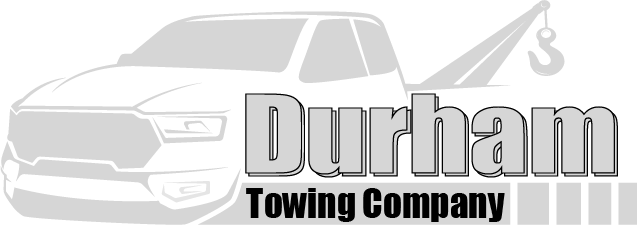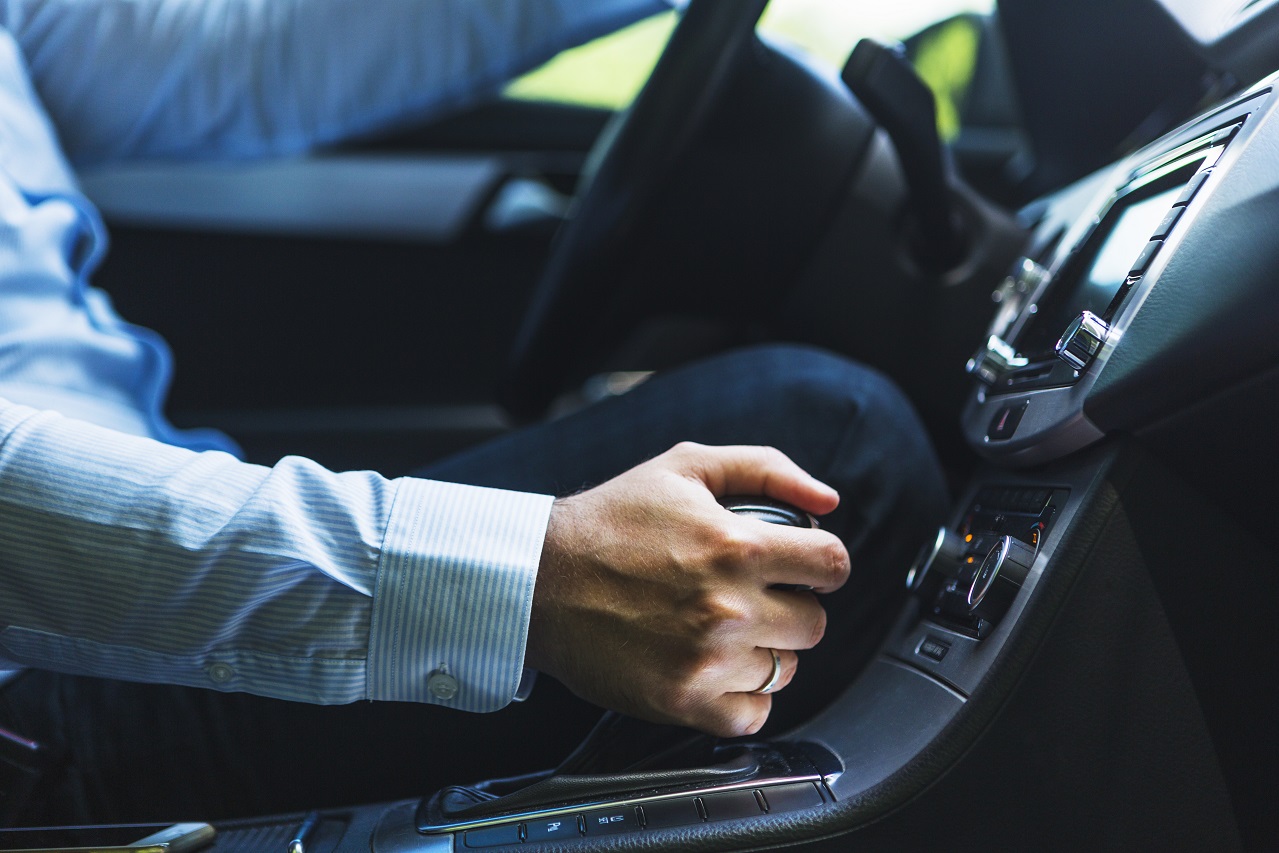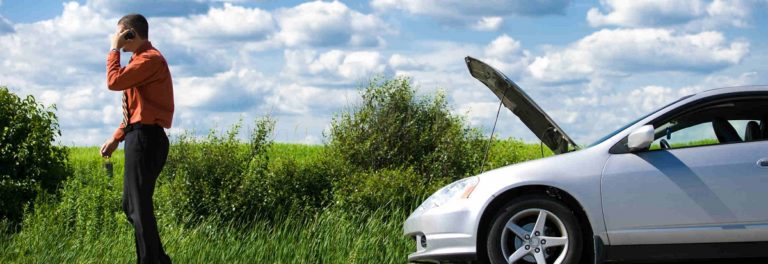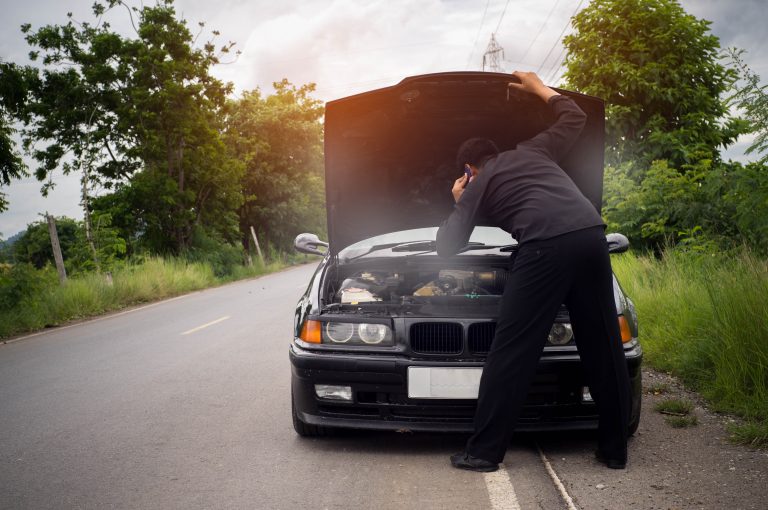Having your car stalled in the middle of the road can be caused by a lot of different issues, one of the least understood is transmission failure.
The car’s transmission works by directing power from the engine to the drive wheels. Without any issues, that would result in the rotation of the wheels. It’s no surprise that when this connection fails, your car or truck stops moving.
The good news is that this catastrophic vehicle failure can be prevented with some good maintenance practices. Here’s some we recommend to our towing customers in Durham…
Taking Care Of Your Car’s Transmission
If you don’t want your car’s transmission to fail, you should know how to take care of it. The best way to do that is to take care of the transmission fluid. Regular maintenance and checks help make sure that it works properly. Here are tips on what you should do.
Check the transmission fluid color and level regularly
Depending on the car that you have, you may or may not have easy access to it. There are some that allow dipsticks to be used easily to check. However, there are also others that have a closed system. These would require using tools or letting the mechanic check on the transmission fluid.
Replace the transmission fluid regularly
After checking the quality and quantity of your transmission fluid, you should also replace them regularly. Most mechanics will suggest having them replaced every 30,000-60,000 miles. When replacing them, make sure that you also clean the fluid pan and install a new filter. Also, make sure that you check your manual for the recommended transmission fluid and the suggested transmission fluid levels.
Avoid too much heat
The transmission can also fail due to excessive heat. Normal operating temperatures can be handled by the transmission but excessively high ones should be avoided. You can also install a cooler to help disperse the heat. This would also help greatly when you tend to tow heavy loads or a trailer regularly.
Change gears carefully
When using your vehicles, it is important to change gears carefully so that you don’t accidentally shift the car in reverse while driving. You should also avoid putting your car in park when it hasn’t completely stopped yet. Additionally, your parking brake should also be used at an incline or uphill road to prevent your car from moving backward.




